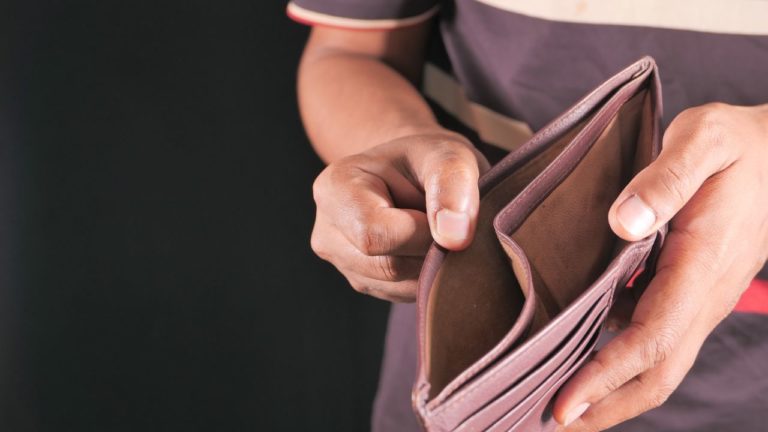19 Budgeting Tips to Make Money Management Easy
Budgeting Tips to Make Money Management Easy
Know Your Monthly Income
Budgeting Tips to Make Money Management Easy begins by understanding your monthly after-tax income or “take home” pay.
The information about where your income is going will be useful to set your budget. Knowing your net income minus expenses is the start of a good budget. Making extra income will also be looked into.
Income comes from a wide range of sources such as the regular paycheck or other jobs or government services you receive. In this article you will learn the information for each of your income sources. Going over any free income, expenses, and creating monthly budgets.

Plan a monthly budget
Find a way to save each month. Naturally the amount will vary greatly among different individuals. You could become a freelance employee or full-time worker whose earnings are stable.
Perhaps your goal is spending the last dollars on your savings. Whatever happens to be your plan. Your bank account will be the ultimate judge of your personal finance plan.
Just make sure that you have a realistic budget that includes financial goals, that includes the three categories:
- Budget categories.
- Spending categories
- Monthly expenses
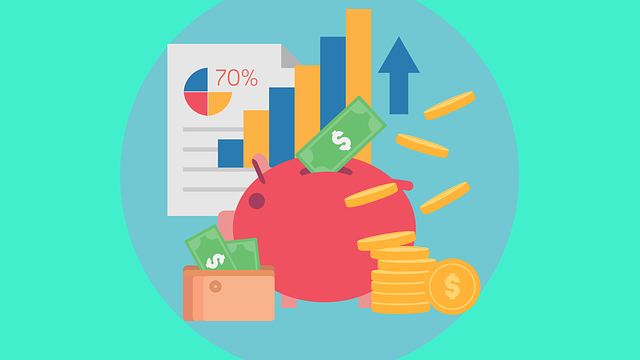
Keep track of your progress
In the most basic sense, budgets are just spending plans. Keeping an eye on your progress for where you are struggling and where your income goes. Initially you can start tracking your budget daily or weekly and evaluate your budgeting technique monthly.
Once you have decided upon what you feel will work it will be easier for you to assess your findings after a long period.
It’s critical to monitor progress to make adjustments. Costs change in life, as does consumption patterns.
Track your spending and refine your budget as needed
Budget living documents. There are no definite facts about this. Once you have established a budget, it’s best to keep track of what you have spent to achieve it. Eventually you may discover your life circumstances have changed.
You may also be asked about paying back an older loan or getting paid more because you’re flexible about what you spend. Get up at least twice a week for a review of your spending budget. You can change your budget to reflect changing spending habits or income.
Design for Good Budgeting
When designing the budget, list a few items that represent every budget segment. Paying yourself first – The best option. One of the first things you have in your budget is saving for emergencies. Follow Buffett’s advice to invest a lot.
Next, you can examine your expenditures and see if this is a good fit for your priorities. Depending upon the amount of your expenditure it is possible to calculate it from your own spending records based on your current budget.
Create your budget before the month begins
Make sure you budget well. One week before the start of a new month, plan what you want for this next month. You could travel to a vet’s clinic or hospital once or twice a year, but it wouldn’t.
Once your monthly plan is prepared, make your budget realistic. Use our app for breakdowns of your income and your saving contributions.
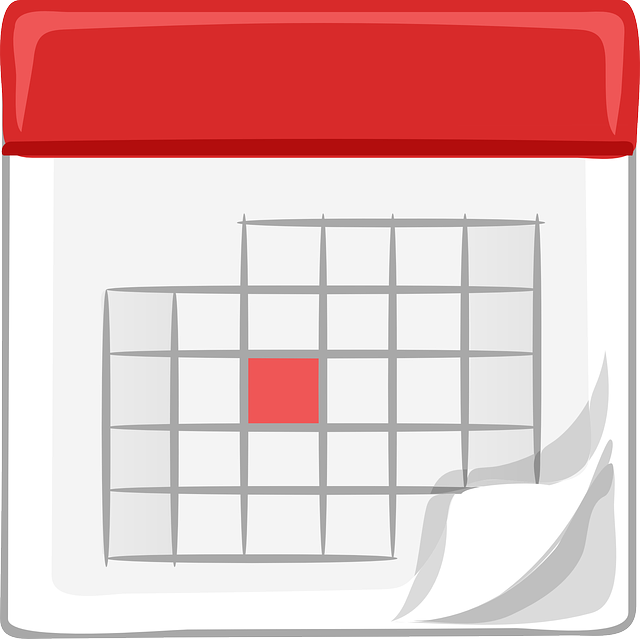
Establish Needs Versus Wants
Need is all things important for your basic health, psychological health — think food, rent & debt repayments. They should always be factored into your budget and are available from the Mints website. All other things fall into the category of desire.
Keep a budget in place. Consider the rule 50/20/30. This rule allocates around 30 percent of your money into non-essential activities to improve your quality.

Pay yourself first
When it is difficult to save on various things, it becomes scarcer. Try a spending plan that uses your savings on any other expense, pay bills with all the remaining funds. It is known as a “pay yourself first” method. It is like having free money.
Make an automatic savings plan to help save before they begin spending your paycheck. Automatic savings contributions help in a completely unreachable and uninspiring way.
Beginner budgeting tips
There are a hundred budgeting tips from all over the internet. But to keep it simple. I’ll give you the quick and dirty. You can achieve financial wellness without sacrificing your health by concentrating on every part of your life you will be better equipped to handle your money.
Other budgeting tips can be found all over this website and on social media such as Instagram.
Prioritize Debt Repayment with Monthly After Tax Income
Putting taxes to the side, lets begin focusing on paying down debt should be part of your financial goals. Prioritizing your debt can lower interest rates as well as reduce your stress level.
It is important that your existing debt is reduced since this will affect credit utilization. Be mindful your credit score could suffer as a result when your credit usage exceeds 30 percent limits.
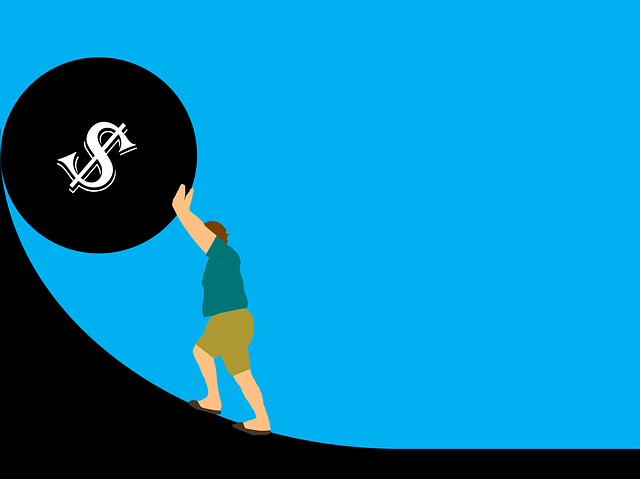
Use the right tools
One of the best budgeting tips you can have is to use a budgeting app. Make it goal to have a good app in place on your phone. You can monitor your finances through budgeting apps such as Mint, and use apps if you’re tracking purchases or healthcare expenses. Effective budgeting programs can tell you where the money is going.
Face it, you are always looking at your phone for social media. You should also have an app that keeps your finances in your face. This is one of the best ideas out there and one you should actually be doing in the first place.
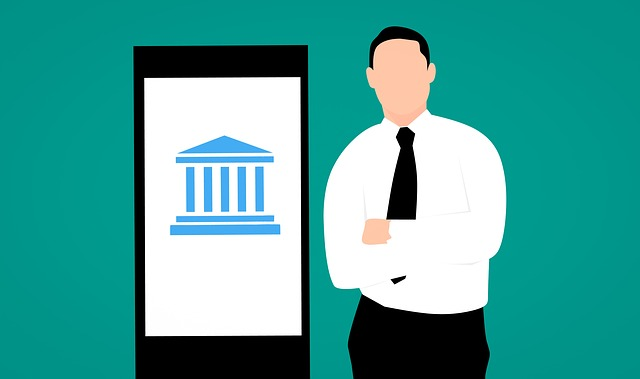
Distinguish between short-term savings goals and long-term savings goals
After you have determined what you should be saving for the future, you can then divide your budgeting goals by a long-term and short-term goal. Can we set goals to save money for our future and for the long-term future?
This modest target may be: A short- or lengthy goal may be able to make bigger goals seem less intimidating. Eventually you’ll realize that you’d be better positioned to manage the finances and save more. This helps you achieve longer-term goals faster.
Save Money First then Spend
The majority of people prefer spending first and saving money with the leftovers. This savings option is not good and does not provide consistent savings contributions. Think about savings as an investment and add the amount to your savings account.
Don’t save what is left of money and spend what is left of your savings. Start saving now and figure out the rest later. You might even use payroll deductions to automatically put money away before you get it.

Observe a No-Spend Day
Another one of the greatest budgeting tips I found was to “Not Spend Money”. Set a time for you to not invest in other things than the absolute necessity. This helps make sure that the spending per month remains on budget.
Thinking about a time where no money was spent on anything besides groceries or food — and go for a month to spend only on basic needs. This is guaranteed to lock in your personal finance. With only paying fixed expenses you can eliminate unexpected expenses.
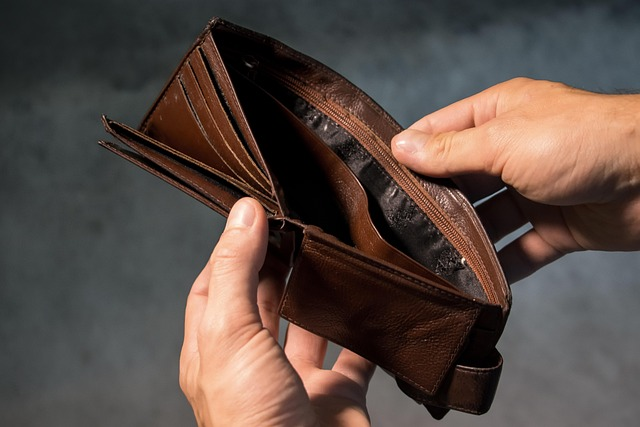
Expect the Unexpected with an Emergency fund
Sometimes planning doesn’t prepare us for unexpected expenditures. Things like car repairs can’t be predicted; they happen in real life. I think you should also have emergency fund on your budget. If you’re planning on saving a bit of cash, it can be a little more than that.
Having enough money to cover variable expenses that get out of hand. This is the wiggle room that you need to cover next month’s budget. Simply by having more money than you need
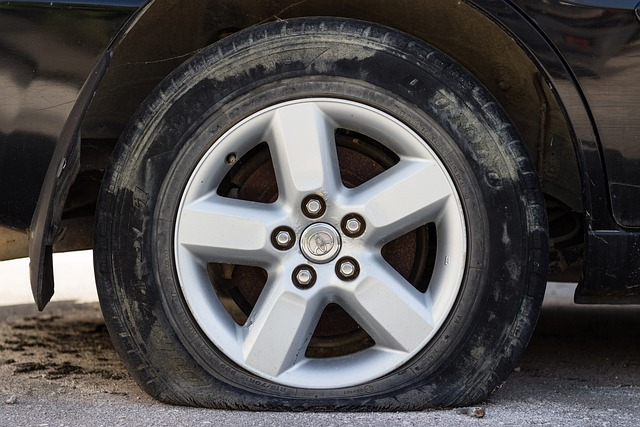
Don’t forget to factor in fun
Usually the budget can get better by allowing for some interesting stuff. You’ll be much more comfortable if you know that your budget will remain intact. Think of it as an upcoming money cheating day!
Set money aside for spending money on a distraction.
- Vacations: Such as going to the beach, a cruise, a Theme park, or anywhere.
- Restaurants: Not just fast food drive throughs but full course meals.
- Movies: Spring for pop corn and candy and the entire experience.
- Buying Gadgets: Toy, consoles, Big screen TV’s, and other things.
- Bowling: Getting into the spirit of having a good time is going out for fun.

Choose your budget strategy
Budgeting can seem a difficult undertaking. Nonetheless, you have to remember that you should use a budgeting technique which suits you well. The budgeting process can be done in many different ways. From developing a side hustle, to paying off debt.
Some people even use the “Let it Ride” technique, meaning that they know that eventually they will pay off things. People will always pay off their car payment, or even pay off their child support. This type of “not caring” budgeting method helps remove the idea of budget cuts.
Have a Side Hustle is the best strategy
Having a good number of income streams is always a good thing. A side hustle is something that will add to your wallet and give you a healthy financial life. Being self employed as a freelancer is one way to increase your budgeting. It also helps you to save for large purchases.
Every type of side hustle can give you some budget helps. allowing you to spend more. That will increase your daily spending, necessary expenses and other expenses. Some side hustles are:
- Freelancing on Fiverr
- Selling Print on Demand
- Creating a YouTube Channel
- Starting a Podcast
- Getting a Website
Give Yourself a Margin
I think tracking every penny you’re spending can be difficult. Having an monthly margin for error can be an effective way to create breathing room for your budgeting.
Talking about establishing a monthly budget and managing a financial plan. Keep your budgeting in check. You have some flexibility and you can keep an eye on your expenses to keep your budgeting in check and not exceed your own limits.
Not only will your savings increase, but your income will also be affected with every single transaction.
Have a Separate Account for Other Things
You should have several bank accounts. A checking account for personal finance and one for business. All your accounts should be in the same bank so that you can transfer when needed. This will help you track your spending and budget.
Having these accounts will allow you to budget regularly. Creating a budget template will also allow you to enter these accounts. Let these accounts be your accountability partner.


